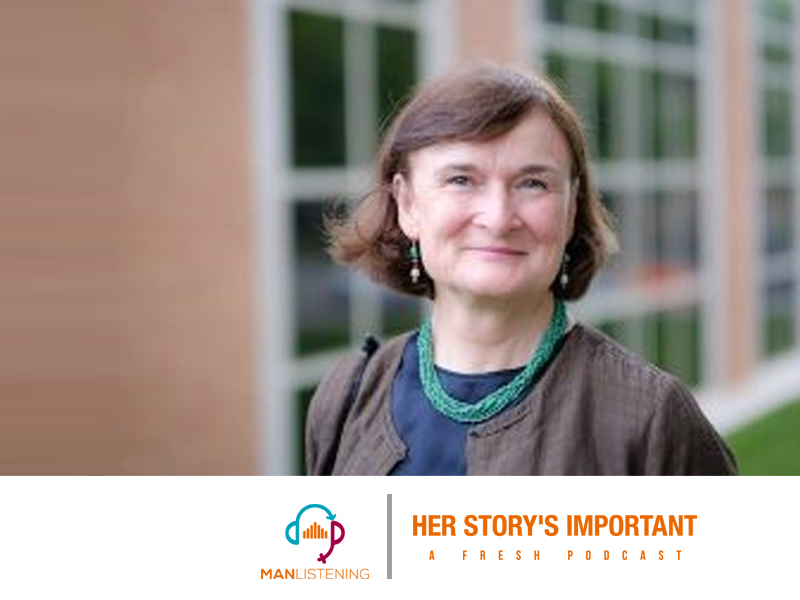 Her two daughters have never heard some of these stories. She doesn’t talk about them much. But my cousin E’beth was something of a whitewater pioneer. Gen Z’ers may find it hard to believe there was a time not so long ago when most people with a kayak on top of a car knew each other – or they knew someone who knew them.
Her two daughters have never heard some of these stories. She doesn’t talk about them much. But my cousin E’beth was something of a whitewater pioneer. Gen Z’ers may find it hard to believe there was a time not so long ago when most people with a kayak on top of a car knew each other – or they knew someone who knew them.
My cousin didn’t have a lot of money. She went to Wake Forest and then Penn State on scholarship. So she didn’t run over to REI and charge a bunch of gear. She cobbled it together herself. Her headgear was a half motorcycle helmet. Once, on the New River in West Virginia, in a particularly nasty pothole, the gear rode up around her neck and almost choked her to death. She says something in the back of her head just took over and said, “No! Absolutely not!” She did not just survive, she thrived. She made the US Team – not an Olympian but Olympic level.
It was the early 70’s. Women were demanding to be full and equal citizens. Equal pay. ERA. And in athletics it got more basic still. To get access to bathrooms and showers, the Yale women’s rowing team showed up in the Athletic Director’s Office and dropped trow. Their story made the NY Times and accommodations were made. This is my cousin’s era. I can’t tell you how much I admire this woman, but not for the reason you might think.
When we had the kickoff party for the ManListening Podcast at the Evening Muse in January, E’beth and several other Watson family women came out to support me. I’ll never forget them. E’beth heard me say the podcast was dedicated to strong women who bounced back and she actually said to me, “Why did you talk to me?” In other words she was asking me to tell HER how she demonstrated resilience.
So I asked her a simple question: “How old were you when your mother died?” Answer: fifteen. “And who put food on the family dinner table for the next three years?” She laughed. “Well if you ask THEM, no one did!” Oh come on, E’beth. You know good and well you had to step in and try to do the basics for two sisters and a brother, the youngest of whom had just started school. No time to grieve. Work to do.
E’beth doesn’t talk about the whitewater stories usually because she went on to a very distinguished career as a community planner and a preservationist. Only the towns she serves are usually small rural places and the places she preserves are not old buildings but fields and woods and streams.
The streams have always called to her. She’s fixated on them. She’d bolt from church on Sunday’s to make a beeline for the nearest flowing water. She is at home there, a duck to water. Over the course of more than 40 years, she’s done her part to preserve those free flowing waters across the US.
I’ll let her tell it. I tried not to interrupt. That way her daughters can hear it in their mother’s own voice.
Hear E’beth Watson tell her own stories of paddling whitewater and preserving it this Thursday @ManListening the podcast .

